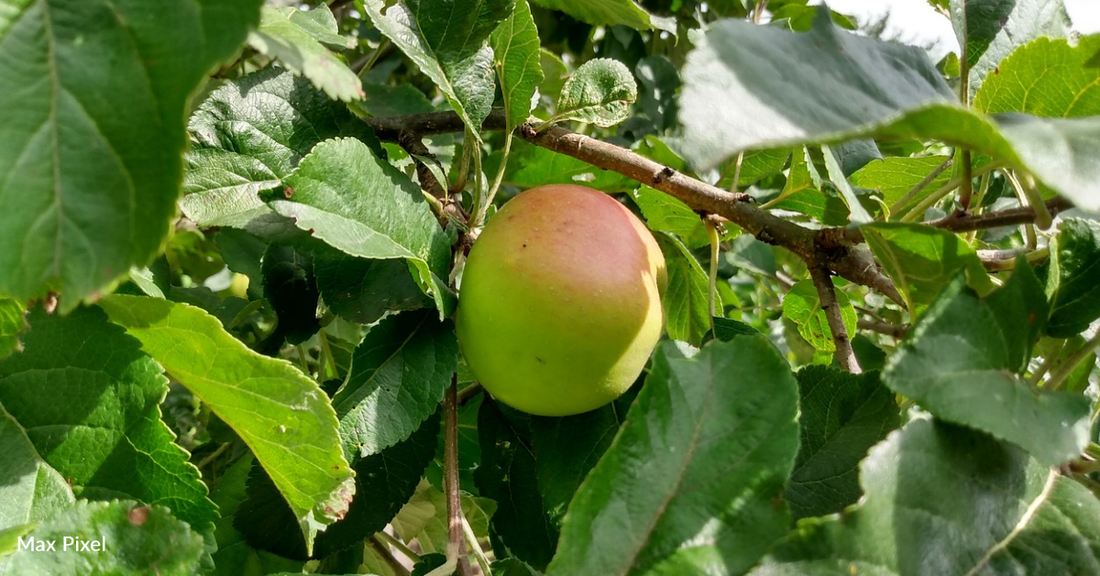Retired Engineer Saved Over 1,200 Heritage Apples from Extinction
Malorie Thompson
Retired engineer Tom Brown didn't want to give up working even though he was retired. Like many people, he decided to take up a passion project and made a huge difference in the world in doing so.
The North Carolina native was inspired to start his passion project back at a 1998 farmer's market. At the market, he learned about heritage apples and saw several different kinds.
Inspired by what he saw, Brown went on to learn all he could about apples. He learned from experts how to cultivate and graft the trees and how to preserve the heritage varieties.
 Photo: Max Pixel
Photo: Max Pixel
After that, he began spending all of his free time searching for and preserving "lost" and rare heritage apples.
Since he began his mission all those years ago, Brown has preserved over 1,200 varieties of apple that might otherwise be lost to the world.
Back in the early 1900s, apple orchards were popular in the Appalachia region. The area is suitable for orchards and people used the apples as a diet staple. Apples could be cooked, fried, fermented, and eaten fresh. However, as time went on, food production began to change and commercial farming took over small, home farms.
 Photo: flickr/Leslie Main Johnson
Photo: flickr/Leslie Main Johnson According to the Atlas Obscura, by the end of the 20th century, only 100 apple varieties were grown commercially - a far cry from the estimated 14,000 varieties grown by local farmers.
Since then, thousands of apples have seemingly disappeared from modern society. Brown calls these apples the "Lost Heritage Apples," and it's his mission to preserve as many of them as possible.
He started a website called Apple Search to try and bring together the lost varieties of apples. He finds them through a variety of ways, sometimes by going up to old houses in Appalachia and chatting with the owners about apples. Other times, he searches for old orchards and tries to find any forgotten trees that may be left.
One of his more prominent discoveries was of the Junaluska apple. The apple, named after a Cherokee chief born in the late 18th century, used to be popular - a favorite of the chief, in fact. However, it'd long been lost to commercial farming.
After a bit of investigating, Brown was able to locate the Junaluska apple in the backyard of an elderly woman. He went on to take cuttings from the tree and preserve it, even gifting clones of the tree to the Western Band of Cherokee and to the Junaluska Memorial and Gravesite, as detailed on his website.
 Photo: Wikimedia Commons
Photo: Wikimedia Commons
Speaking with My Modern Met, Brown stated:
"It is exciting to me to be able to look for rare apple varieties knowing that I am helping restore the agricultural heritage of our country. If I am not finding an apple of interest, I do not conclude that it is not out there, but that I am just not searching as thoroughly and diligently as possible."
You can learn more about Brown's work and the apples he's saved on his website here.

 Photo:
Photo: 
